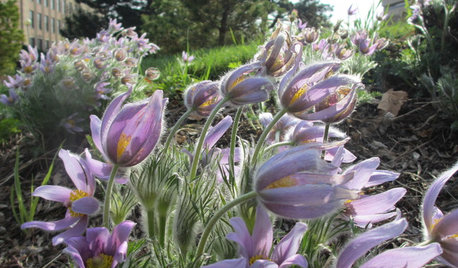New to forum. Not new to blackspot.
bluedog
18 years ago
Related Stories

GARDENING GUIDES6 Plants That Beat Butterfly Bush for the Wildlife Draw
It's invasive, a nonnative and a poor insect magnet. Check out these better alternatives to butterfly bush in the garden
Full Story





diane_nj 6b/7a
birdgardner
Related Professionals
Norfolk Landscape Architects & Landscape Designers · Billerica Landscape Contractors · Hartford Landscape Contractors · Berkeley Heights Landscape Contractors · Dudley Landscape Contractors · Oviedo Landscape Contractors · Spring Landscape Contractors · Sun City Center Landscape Contractors · 07920 Landscape Contractors · Chatsworth Fence Contractors · Cherry Hill Fence Contractors · Fountain Hills Fence Contractors · King City Fence Contractors · Kuna Fence Contractors · Sandy Springs Fence Contractors